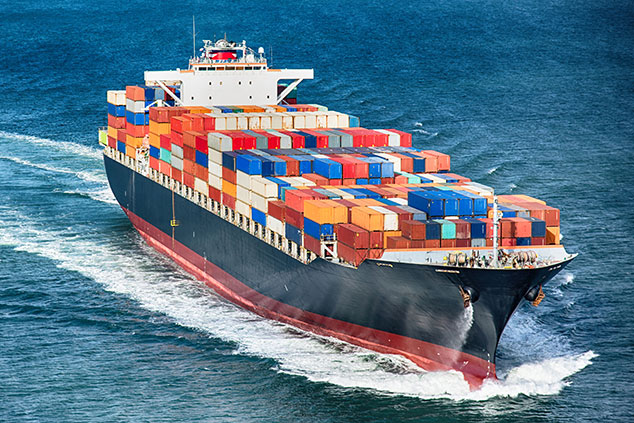
So far the new agreement has gone down well with markets. The S&P 500 rose to a new record, and the Mexican peso rallied briefly. The deal was seen as signalling a willingness to ease strains between the US and its traditional allies, in welcome contrast to tensions with China.
However, it remains unclear whether Canada, Nafta’s third member, will be included in the agreement. In the long run, the deal does little to support global trade, according to Frank Heiniger in Finanz und Wirtschaft. In fact, it may do the opposite. According to Commerzbank, it is likely to hamper the overall liberalisation of markets. In the automobile sector, for example, 40%-45% of a car has to be produced by employees who earn at least $16 an hour. Only then can the car can be imported without facing tariffs. The intention is to slow the pace of American outsourcing to Mexico. Trump “has repeatedly put the protection of American industries at the heart of his economic policies”.
Meanwhile, there are signs the trade dispute between China and the US is denting confidence and taking its toll on activity. The World Trade Outlook Indicator from the World Trade Organisation suggests global export orders have declined.
Volumes of air freight and container-port throughput “remain above trend but growth momentum in both appears to be past its peak”. By 2019, says Heiniger, the impact on global growth will be clear.